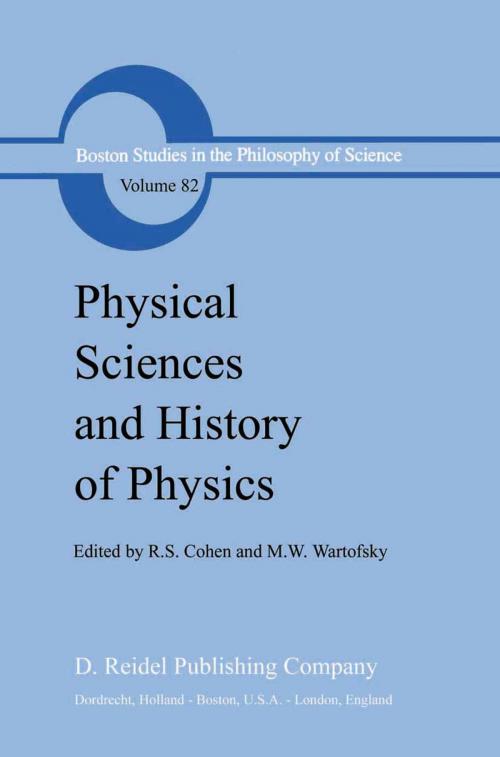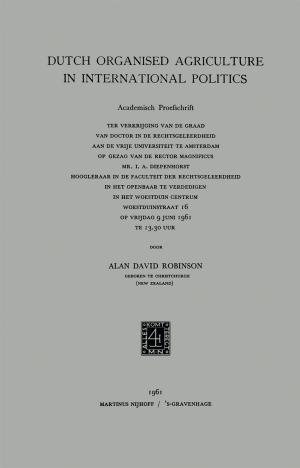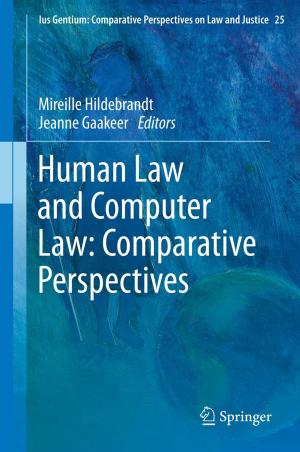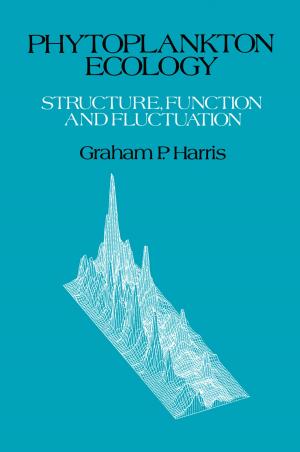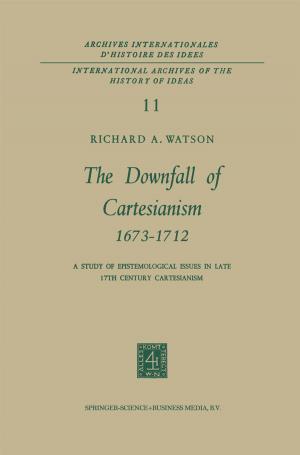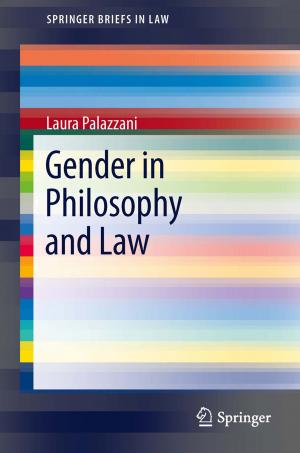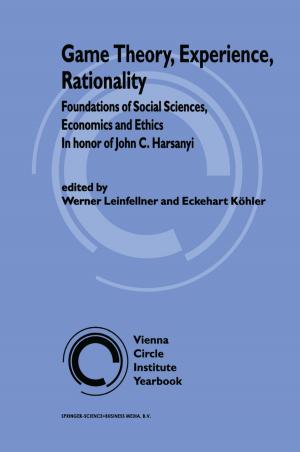Physical Sciences and History of Physics
Nonfiction, Science & Nature, Science, Other Sciences, Philosophy & Social Aspects, History| Author: | ISBN: | 9789400971783 | |
| Publisher: | Springer Netherlands | Publication: | December 6, 2012 |
| Imprint: | Springer | Language: | English |
| Author: | |
| ISBN: | 9789400971783 |
| Publisher: | Springer Netherlands |
| Publication: | December 6, 2012 |
| Imprint: | Springer |
| Language: | English |
These essays on the conceptual understanding of modern physics strike directly at some of the principal difficulties faced by contemporary philos ophers of physical science. Moreover, they reverberate to earlier and classical struggles with those difficulties. Each of these essays may be seen as both a commentary on our predecessors and an original analytic interpretation. They come from work of the past decade, most from meetings of the Boston Colloquium for the Philosophy of Science, and they demonstrate again how problematic the fundamentals of our understanding of nature still are. The themes will seem to be familiar but the variations are not only ingenious but also stimulating, in some ways counterpoint. And so once again we are confronted with issues of space and time, irreversibility and measurement, matter and process, hypothetical reality and verifiability, explanation and reduction, phenomenal base and sophisticated theory, unified science and the unity of nature, and the limits of conventionalism. We are grateful for the cooperation of our contributors, and in particular for the agreement of George Ellis and C. F. von Weizsiicker to allow us to use previously published papers.
These essays on the conceptual understanding of modern physics strike directly at some of the principal difficulties faced by contemporary philos ophers of physical science. Moreover, they reverberate to earlier and classical struggles with those difficulties. Each of these essays may be seen as both a commentary on our predecessors and an original analytic interpretation. They come from work of the past decade, most from meetings of the Boston Colloquium for the Philosophy of Science, and they demonstrate again how problematic the fundamentals of our understanding of nature still are. The themes will seem to be familiar but the variations are not only ingenious but also stimulating, in some ways counterpoint. And so once again we are confronted with issues of space and time, irreversibility and measurement, matter and process, hypothetical reality and verifiability, explanation and reduction, phenomenal base and sophisticated theory, unified science and the unity of nature, and the limits of conventionalism. We are grateful for the cooperation of our contributors, and in particular for the agreement of George Ellis and C. F. von Weizsiicker to allow us to use previously published papers.
